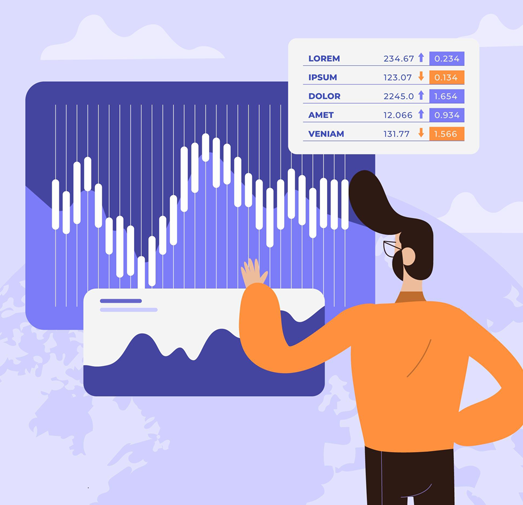Index Funds
What is Index Funds ?
Index Funds are a type of mutual fund designed to track the performance of a specific market index, such as the S&P 500 or the Dow Jones Industrial Average. Rather than attempting to outperform the market through active management, index funds aim to replicate the performance of the chosen index by investing in the same securities that constitute the index. This approach provides investors with broad market exposure, low operating expenses, and a disciplined investment strategy. By mirroring the composition of the index, these funds offer diversification across a wide array of stocks or bonds, which can help reduce individual investment risk. Index funds are particularly attractive for long-term investors seeking steady growth and stability, as they typically feature lower fees compared to actively managed funds. Their passive investment strategy also means they tend to have fewer trades and lower turnover, which can result in tax efficiencies.





